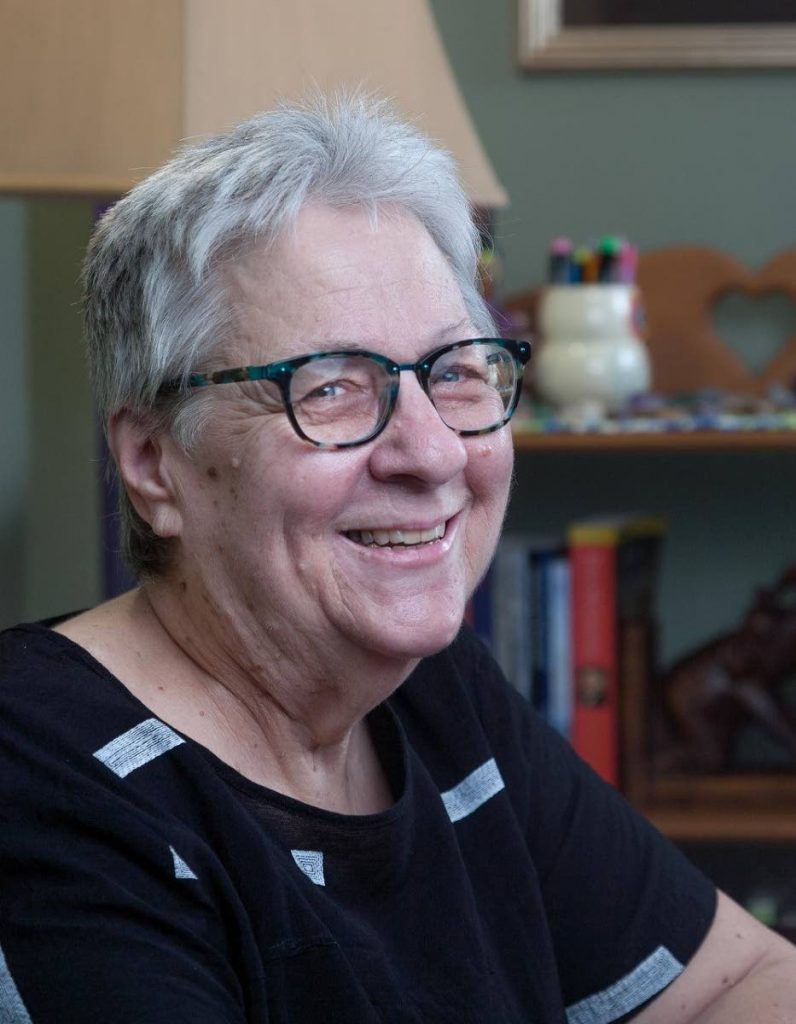A legacy of hope, creativity

THE FIRST time I met Brother Resistance he had come to the Trinidad Express to thank me for a feature I had written on Rapso Week. On that day, I formed my impression of the rapso artiste. It never changed. His kindness, support, patience and enthusiasm knew no boundaries.
Resistance navigated his way through the minefield that is calypso with grace and dignity, keeping his cause in mind at every turn. He wanted to create a better awareness of Trinidad and Tobago's culture – its music, language and history. In the chaotic world of calypso, he functioned as an inspirational leader.
He knew that language and music served as the heartbeat of this culture and recognised that they could be powerful tools in any quest to dump colonial baggage. He offered faith and hope in finding a sense of hope through culture.
His first recorded song, Disco Shoes Rapso, delivered harsh criticism of Trinidadians who abandoned their own music and their own culture for disco music. The rapso relegates these people to the position of traitors and hypocrites. Resistance called them masqueraders who pretend to be something they are not.
Much to his credit, Resistance did not descend into the depths of despair and cynicism. He would not be defined by the anger that permeated Disco Shoes Rapso. Over time, he tempered his musical messages and evolved with rapsos like Ring de Bell, which elevates this country’s music to a religious experience comparable to the Baptists' bell-ringing.
Like his music, his names reflected the cultural evolution within him.
Brother Resistance was born Roy Lewis in 1954. As a deejay at Queen’s Royal College, he took the name Resistance; later added Brother to capture his evolving social consciousness during the Black Power Movement, and chose the African name of Lutalo Makossa Masimba.
He was well-educated with a secondary school education from QRC and degrees from UWI, but the education he received from growing up in East Dry River was equally if not more important to him. The Orisha yard and panyards formed his foundation.
That extraordinary quality he had for giving credit to all those cultural icons who passed before him served him admirably well and afforded him respect he never had to fight for in this life. Listen to the Rituals Music recording of Resistance and Lord Pretender singing Pretender’s classic Never Ever Worry. Resistance pays homage to Pretender throughout the song.
Few if any people I have ever known inside or outside of the music business felt such a need to give credit to those who preceded them, but Brother Resistance constantly reminded us that he represented a long and glorious line of storytellers – from the griot to the chantwell to the calypsonian.
Anyone who knows his music will attest to his prescience. He sang of important issues, cultural identity, cultural preservation, musical respect – even environmental awareness in his rapso Mother Earth. Ethnomusicologists looking back on his body of work some day will be stunned at his keen eye for identifying important themes for an island culture struggling to emerge from colonialism.
His work served as a musical bridge connecting poetry with song lyrics; chantwell storytelling with soca music rhythms; pan with African drums, and tradition with innovation. For Brother Resistance there was always room for every form of calypso on stage.
But he was far more than a performer. As head of the Trinbago Unified Calypsonians’ Organisation, he functioned as a community organiser in that rowdy, unmanageable community of calypsonians.
Resistance left a foundation in cultural identity for everyone to follow. As friend and secondary school classmate Robin Foster said in an interview about Resistance, he believed in the power and the importance of recognising creole as a language. This is vitally important for nurturing and preserving the identity of this country.
In life and music, Resistance proved to be a lesson in what we could be if we only believe in our cultural heritage. His strength, courage, identity and love came from rapso and this country’s culture. He was only 67 when he died on July 13 at West Shore Medical Private Hospital.
Those who knew Brother Resistance and lament how much more he could have accomplished should remember all that he left us. It is a powerful legacy filled with hope, creativity and often an eerie sense of foreshadowing of what will happen if we don't believe in ourselves and our culture.
Rest in peace, Brother Resistance. You always treated me like a sister.


Comments
"A legacy of hope, creativity"